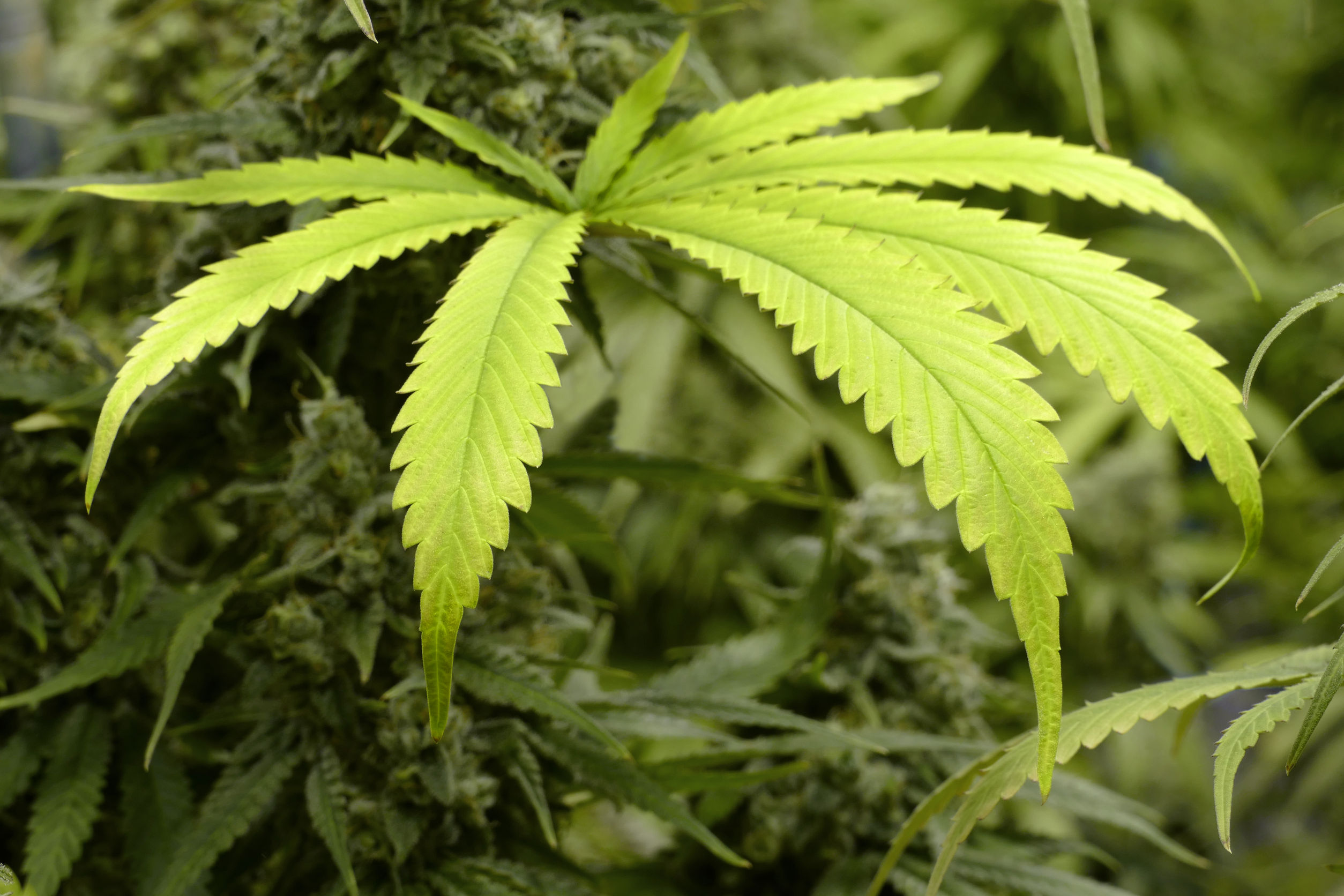NOTE: This page includes updated content to explain how cannabis possession crimes changed following passage of the Cannabis Regulation and Tax Act. After January 1, 2020, Illinois made it lawful to possess and use cannabis for recreational purposes. But in certain cases, the possession of cannabis remains unlawful and can result in criminal charges.
Even though the Cannabis Regulation and Tax Act legalized cannabis in 2020, there are limitations on recreational possession and use. As a result, it is still possible to face criminal charges for possession of cannabis, in Illinois. The criminal charge of possession of cannabis is set forth in 720 ILCS 550/4.
Possession of cannabis in Illinois is classified in the following way:
- Not more than 10 grams is a civil offense punishable by fine only. The minimum fine is $100, and the maximum fine is $200.
- Between 10 and 30 grams is a Class B misdemeanor. The penalties for a Class B misdemeanor include 180 days in jail and a fine of $1,500. Supervision is available. The statute imposes a mandatory assessment of $200.
- Between 30 and 100 grams is a Class A misdemeanor, which is the highest grade of misdemeanor offense. Class A misdemeanor offenses in Illinois have a sentence of up to one year in jail and a fine of $2,500. Supervision is available, and the defendant can have this record expunged. But a second or subsequent violation of this subsection is a Class 4 felony.
- Between 100 and 500 grams is a Class 4 felony, which carries 1-3 years in prison (Department of Corrections) and a possible fine of up to $25,000. Provided the defendant is a first-time offender, supervision is available through special probation. A record of this special probation can be expunged. But a second or subsequent violation of this subsection is a Class 3 felony.
- Between 500 and 2,000 grams is a Class 3 felony offense carrying a possible 2-5 years in prison and a fine of $25,000.
- Between 2,000 and 5,000 grams is a Class 2 felony. This offense has a possible sentence of 3-7 years prison and a $25,000 fine.
- More than 5,000 grams is a Class 1 felony for which the sentencing range is 4-15 years in prison.
The defense analysis of a possession case must always ask: How did the police find the cannabis in the first place? There is almost always a search of a vehicle or a frisk (i.e., pat-down) of the defendant’s person. In each case, the police must have probable cause to search or a reasonable belief that the defendant may be armed to frisk.
The next issue in the defense analysis is how the Confrontation Clause comes into play. The defendant has a right to confront the witnesses against them in court, including the laboratory scientist who tested the cannabis to determine that it was, in fact, cannabis. Will these witnesses show up for trial?
And finally, where is the proof that the defendant actually possessed the cannabis? If the bag was in their pants pocket, then the answer may seem clear. But what if the bag of cannabis was on the floor of a vehicle in between the driver and three passengers?
The answers to these questions are best provided by local counsel. If you were arrested for possession of cannabis, you should consult with a local attorney who knows local practices.


